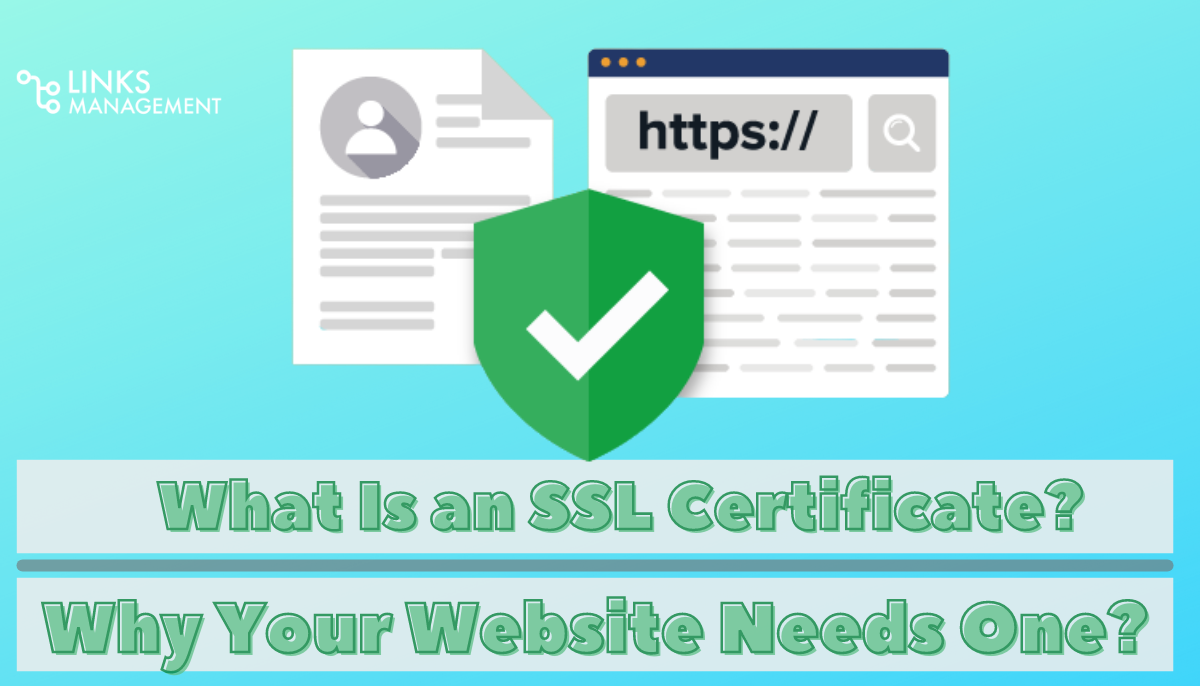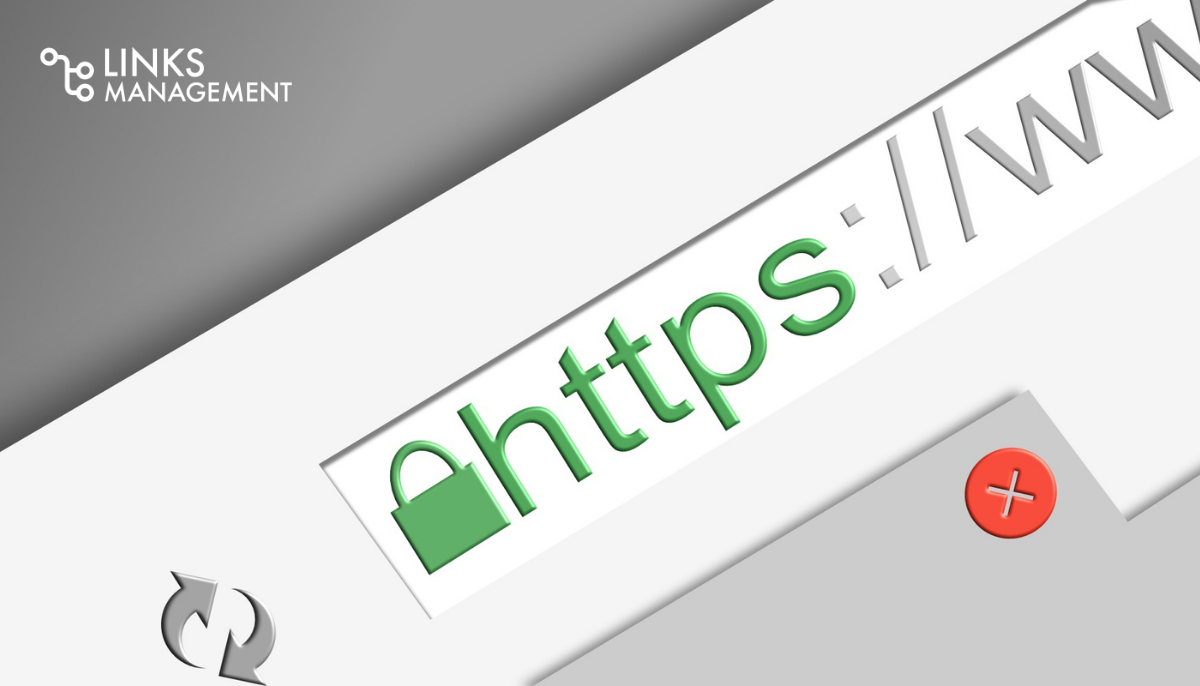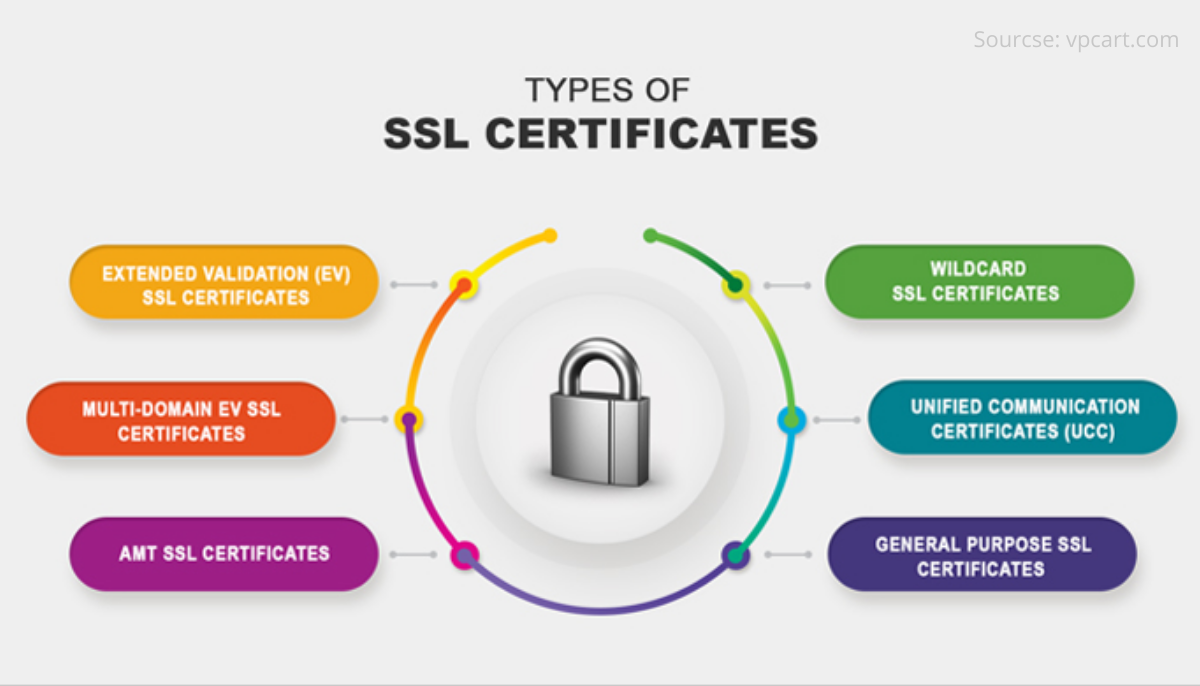What Is an SSL Certificate and Why Your Website Needs One
If you have already tried creating your own website, then you have probably heard about SSL and HTTPS certificates. What are they and which one do you need for your website? We will tell you in detail in this article.

HTTP vs. HTTPS?
Any action on the Internet is an exchange of data. When you visit your favorite website, search for a YouTube video, or upload a picture to Instagram, your search browser and server exchange information. Each query entered into the search bar goes from you (the user) to the server and back. This communication is possible thanks to the work of the HTTP protocol. It was invented back in the early 90s. All about HTTP is good, except for one thing: it does not encrypt data. Therefore, they can be easily intercepted by a third party. Personal information, passwords, bank card number, bank details, passport data can be stolen. With the goal to protect personal data on the websites, an extension of HTTPS was released.
Protecting a website with HTTPS has long been not just a sign of good form, but a necessity. Despite the fact that some sites still operate over HTTP connections, HTTPS is a must for the “ecology” of the Internet.
Since July 2018, Google has considered every website that does not use the HTTPS protocol to be insecure. When a user wants to go to a page using the HTTP protocol, he sees a warning sign in the address bar: No secure connection.
How Сan This Affect the Business?
- A warning can scare users away from the site.
- Search engines don’t trust sites without HTTPS, so SEO will be harder to work with.
- Attackers can steal data from a website.
- WordPress and other popular CMS have announced that some features will now only be available for HTTPS websites.
Difference Between HTTP and HTTPS
HTTPS (HyperText Transfer Protocol Secure) is an extension to the HTTP protocol that supports encryption. Data transmitted over HTTP is “packed” into a cryptographic SSL or TLS protocol. By default, HTTPS uses TCP port 443 (for insecure HTTP – 80).

To prepare a webserver to handle HTTPS connections, an administrator must obtain and install a certificate for that web server on the system. The certificate consists of two parts (two keys) – public and private. The public part of the certificate is used to encrypt traffic from the client to the server in a secure connection. Private-part is used to decrypt the encrypted traffic received from the client on the server. After the private/public key pair is generated, a request for an SSL certificate to the Certification Authority is generated based on the public key.
Why Do You Need an SSL Certificate?
An SSL certificate is needed to prevent fraudsters from intercepting the personal data that users enter on your website. Personal data is logins and passwords from accounts, bank card numbers, email addresses, etc. This means that an SSL certificate will come in handy on the websites of banks, payment systems, corporations, online stores, social networks, government enterprises, online forums, etc.
An SSL certificate is beneficial for the site owner because in this way you confirm that it is safe to enter personal data on the site and take care of your customers. If a person is worried that confidential information will fall into the wrong hands, he will receive additional guarantees. Less risk for users, the higher reputation of the company.
In order for the site to work using the HTTPS secure connection protocol, you need an SSL certificate. This is a virtual document that contains information about the organization, its owner and confirms
Using a site security certificate guarantees:
- The authenticity of the resource the user is accessing. This increases the level of trust among visitors.
- The integrity of transmitted information. During transportation from the server to the browser, the data will not change or be lost.
- Confidentiality. 256-bit encryption prevents attackers from gaining access to information.
What does an SSL certificate give for a website besides data protection?
SSL certificate helps in the SEO promotion of the project. It allows you to take a higher position in the search results. Search engines value the trust of the audience and rank sites that work through a secure connection higher.
How Encryption Works
The client places an order on your website. To pay for the item, they enter credit card details. When the order is placed, the information is sent to your web server. At this stage, scammers can intercept it.
If the site has an SSL certificate, a secure connection is established between the client’s browser and the site. In this case, the browser first converts the card number into a random set of characters and only then sends it to the server. The message can only be decrypted with a special key that is stored on the server. If fraudsters intercept the information, they will not understand what it means.
Types of SSL Certificates
SSL certificates vary in price. The more expensive the certificate, the more prestigious it is. The price is influenced by the complexity of the check and technical capabilities. Therefore, when choosing an SSL certificate, we advise you to focus on the specifics and size of your site.

A certificate with a green line is useful for commercial enterprises, while a simpler certificate is suitable for owners of a personal site or blog. Some entrepreneurs are looking for a certificate to protect one page. Others want to simultaneously protect multiple sites or a large number of pages on subdomains.
To make it easier to choose the right SSL certificate, we have divided them into categories:
For individuals
For small projects like a personal website, blog, or thematic forum, an SSL certificate with domain name verification is suitable.
We recommend these certificates if customers create accounts on your site, subscribe to emails, pay for courses or other services.
No documents are required to issue a domain-verified certificate. You will receive your certificate within 15 minutes on average.
For small and medium businesses
For a corporate website, social network, online store, insurance, or travel agency, an SSL certificate with organization verification is suitable.
We recommend such certificates if clients store personal information on your company’s website, correspond with other users, buy goods, or pay for consultations.
Certificates with verification of the organization are issued to individuals and legal entities. It is more difficult to obtain them: after the purchase, the certification authority will verify the rights to the domain name and the registration of the company. Verification takes from one to three days.
For a large commercial enterprise
An SSL certificate with extended document verification is suitable for a government organization, a large online store, a car dealer, a real estate agency, a bank website, or an investment fund.
We recommend such certificates if your clients store money, securities, or bank card data on your website, make large payments, or upload personal documents.
Extended validation certificates are issued only to legal entities. It is the hardest thing to get them: before issuing an SSL certificate, the support of the certification authority will check the domain name, company registration, its contact details, and the right to do business. Verification takes up to two weeks.
When you go to a site with such a certificate, a green line with the name of the company appears in the browser. It means that the company has been thoroughly checked.
For multiple domains
A multi-domain certificate is suitable for the company’s internal network, mail server, holding, or retail network.
We recommend them to companies that have multiple sites or a site with pages on subdomains. This will protect all sites with one certificate.
By default, the cost of a multi-domain certificate includes from three to five domain names. Their number can be increased. Some certificates will protect up to 100 domains or subdomains at the same time.
There are three types of multi-domain certificates: domain verification, organization, and green line.
For subdomains
The owner of a multi-page corporate website, social network, online store, or retail network site will be satisfied with a certificate with subdomain protection. They are also called Wildcard. We recommend such certificates for those who want to protect the main domain and all subdomains at the same time. Wildcard certificates are available only with domain and organization verification. To get a green line for pages on subdomains, you need either a multi-domain certificate or several ordinary certificates with extended validation.
I Still Have HTTP What to Do
When registering a domain or buying hosting, you can get free SSL for a year.
To switch to HTTPS:
- Order an SSL certificate when registering a domain or when ordering a hosting service.
- Activate the certificate.
- Now install the SSL certificate on your hosting.
- Check that the certificate is installed correctly.
After installing the certificate on the server, you will have to configure the operation of your site’s scripts over a secure protocol, namely, to make sure that all content is loaded via links with HTTPS. Otherwise, when accessing the site, users will see that the connection is not fully secured and the appearance of the site will suffer if the links to the CSS files are not replaced. Often, popular CMSs have built-in functionality for translating links to HTTPS. For WordPress, for example, you can use the handy Really Simple SSL plugin. And the final touch is to set up automatic redirection of all visitors to the HTTPS version of your site.
Enter URL & See What We Can Do Submit the form to get a detailed report, based on the comprehensive seo analysis.





